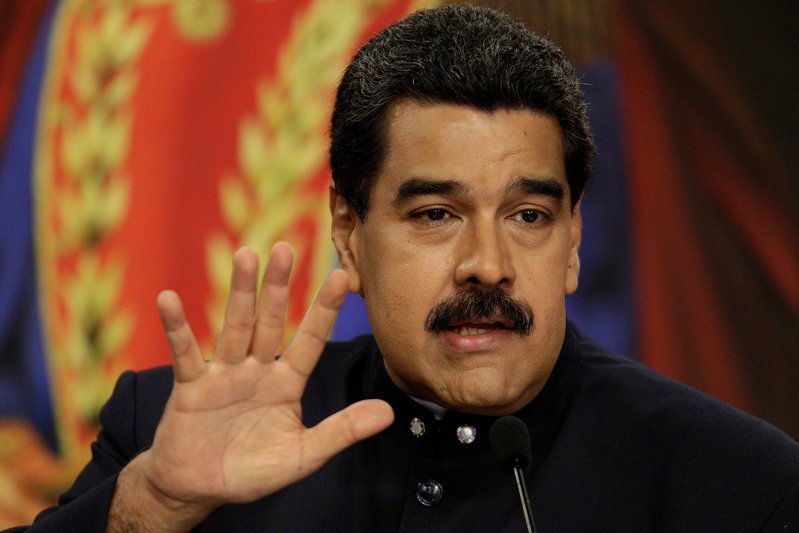This material belongs to: Business Insider.
Dismissed Venezuelan prosecutor Luisa Ortega said on Wednesday she had evidence that President Nicolas Maduro was involved in corruption with construction company Odebrecht.
Ortega, 59, was a key player in Venezuela’s government but broke with it in March. She fled last week to Colombia by boat and on Wednesday morning landed in Brazil.
Ortega said she had been persecuted in an effort to hide details of high-level corruption, saying she had proof, though she offered none.
Ortega linked the Odebrecht scandal with Maduro and Socialist Party heavyweights including Diosdado Cabello and Jorge Rodriguez.
Ortega said she had evidence that Cabello received some $100 million from the Brazilian company.
“The international community must investigate such cases,” she told a news conference.
Venezuelan authorities did not respond to a request for comment.
Odebrecht admitted in a settlement with U.S. and Brazilian prosecutors to paying bribes across 12 countries to win contracts. According to a U.S. court ruling, between 2001 and 2016, Odebrecht paid about $788 million in bribes in countries including Brazil, Argentina, Colombia, Mexico and Venezuela.
Ortega was removed from her position early this month by Venezuela’s newly formed constituent assembly, a controversial pro-government body whose installation was called dictatorial by governments worldwide.
Maduro said on Tuesday he would seek Ortega’s arrest, accusing her of having worked for some time with the United States.
Maduro blames Washington for many of Venezuela’s problems, including triple-digit inflation, shortages of basic goods and months of anti-government unrest.
In Caracas, state-controlled television broadcast images on Wednesday of a police operation in what it said was Ortega’s apartment. The cameras showed marble floors, large paintings of Ortega herself and one by Andy Warhol, a cellar containing an array of expensive wines and a wardrobe filled with designer labels.
Ortega said she would give details of the corruption cases to authorities in the United States, Spain, Mexico, Brazil and Colombia.
Since settling in the United States, Brazil and Switzerland for a record $3.5 billion, Odebrecht has sought to negotiate leniency deals that would allow it to keep operating in other countries across Latin America.
 info@anticorr.media
info@anticorr.media

